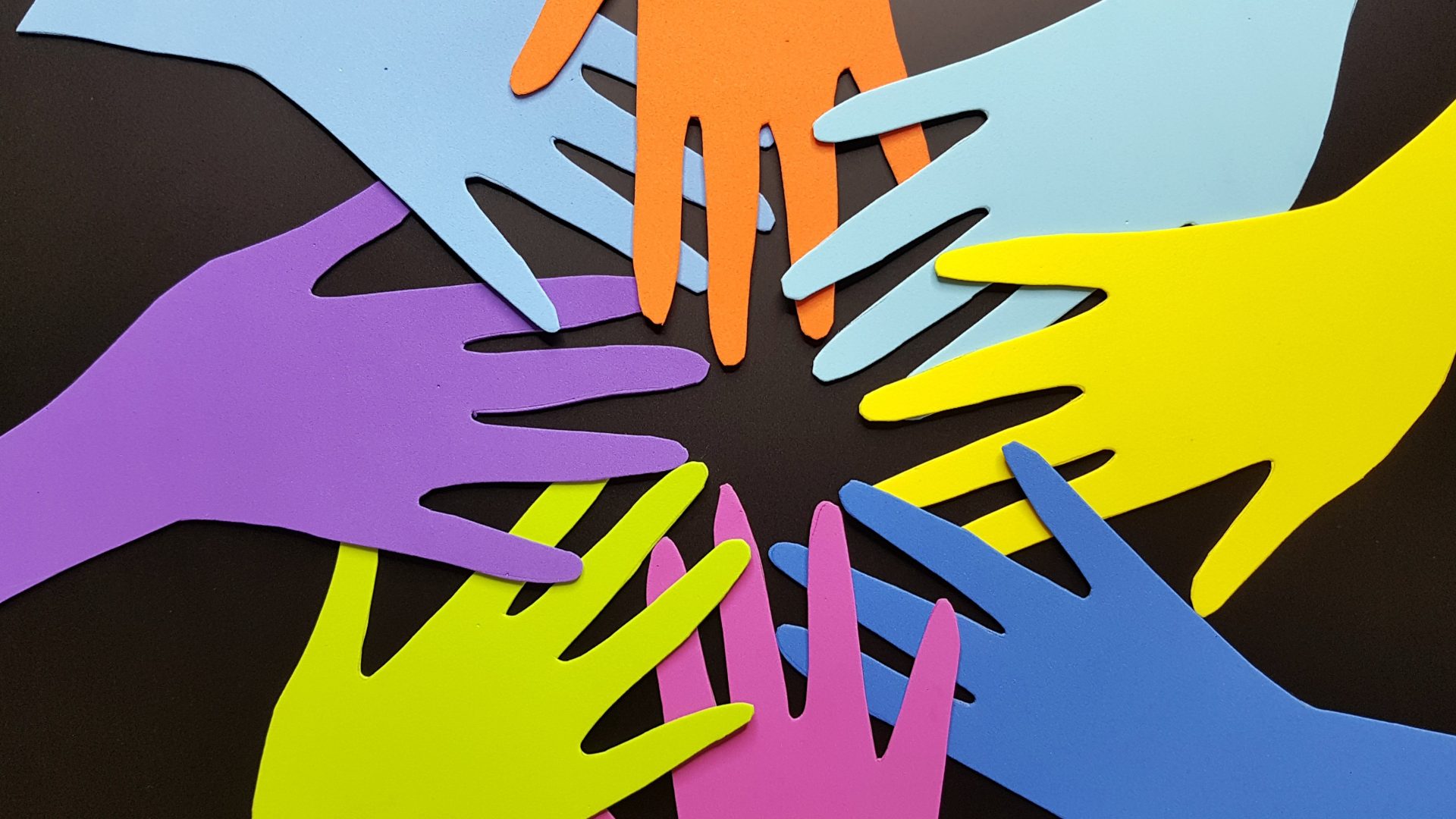As part of its focus on the topic through the Association’s Equality, Diversity & Inclusion (EDI) committee, the Association of Electrical & Mechanical Trades (AEMT) has made a series of helpful resources available on its website.
With support from its members, the AEMT’s EDI committee aims to drive, support and promote equality, diversity and inclusion within the electromechanical sector.
Research conducted by EngineeringUK indicates that women make up only 16.5% of the engineering workforce, significantly lower than their 51% representation in the working-age population. Furthermore, the research showed that only 9% of engineers come from minority ethnic groups, compared to 12% in the general population, and the same percentage report having a disability or impairment, which is less than the national average of 14%. Additional research conducted by UniFrog found that EDI and mental health support are important to over 50% of the 11,000 Gen-Z students they surveyed.
Given the engineering sector’s significant skills gap, emphasising EDI could expand the talent pool and address recruitment challenges.
Alongside the moral imperative, the commercial rationale for embracing EDI in engineering is clearly there; however, many organisations within the sector are unclear on how they can improve their position, and this new collection of resources aims to help them increase their EDI capability.
Among the resources accessible through the AEMT’s website, and in addition to four mental health awareness courses open to members, are a downloadable stress toolkit designed to help employers manage and reduce stress in their workplace and a guide to recognising the strengths of neurodivergent colleagues. Employers looking to support staff with their mental health can access a guide to mental health at work from the Federation of Small Businesses and the charity Mind, as well as a guide to supporting staff who are experiencing a mental health issue, also from Mind. A poster encouraging staff to ask for help if they are struggling and links to mental health and wellbeing trainers are also available. Plus, visitors can download an example equality and diversity policy and a guide to using inclusive language.
Commenting on the new resource toolkit, Thomas Marks, General Manager and Secretary of the AEMT, said:
“This collection of resources, which is available to both members and non-members and will be added to over time, underscores the AEMT’s commitment to supporting its membership and driving best practice across the wider electromechanical engineering sector.”



